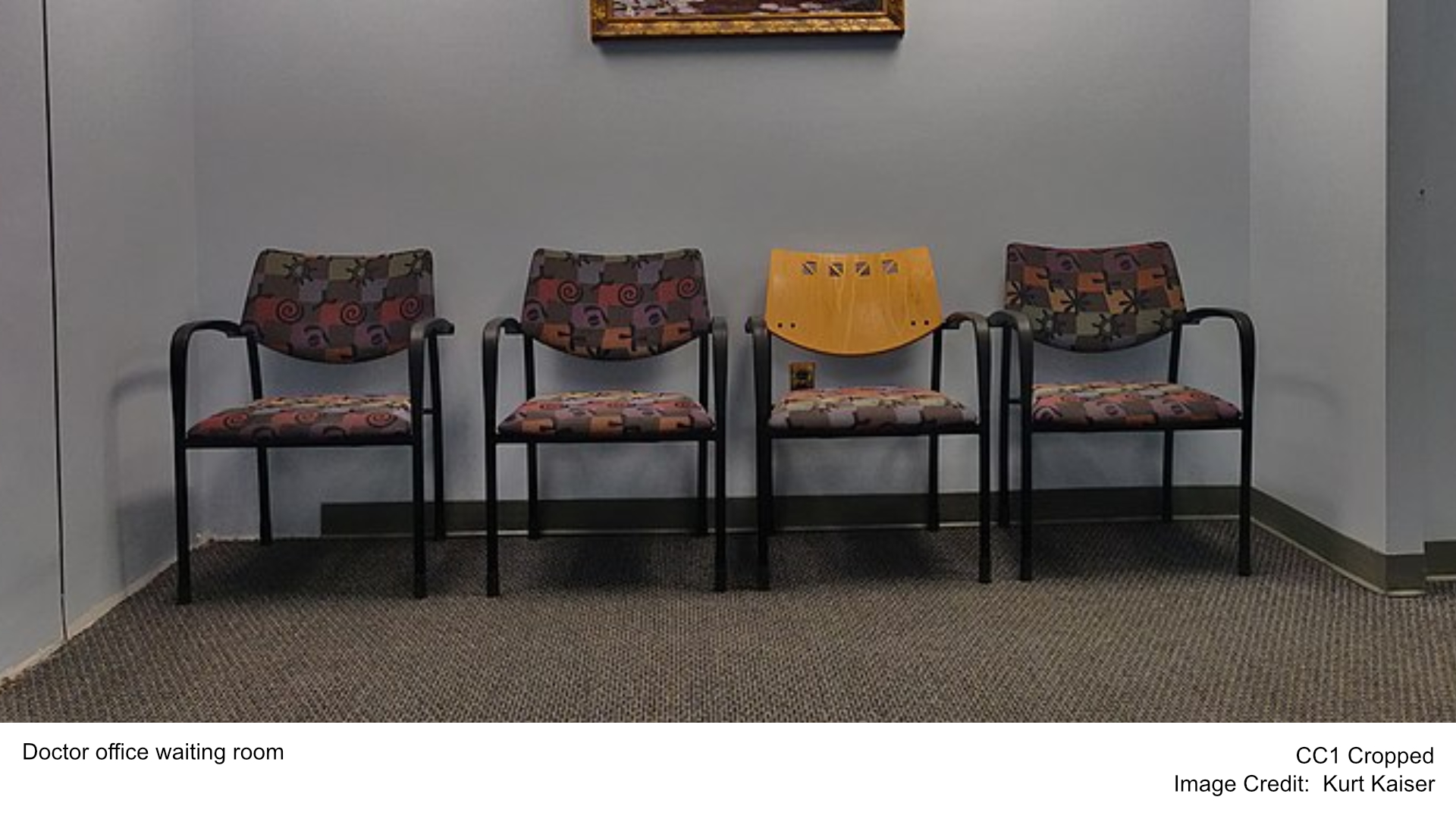Growing up today presents significant challenges, regardless of resilience levels among children and teens. The pandemic, cost-of-living crisis, social media, and peer pressure have fueled an alarming rise in mental health issues among young people. Recent figures reveal a concerning trend in England, where the number of children requiring specialist mental health treatment has surged by 10 percent.
- Rising Demand for CAMHS: Emergency referrals for under-18s reached 34,793 in just six months of 2024, with CAMHS overwhelmed by the surge in demand.
- Systemic Failures: Nearly 40,000 children waited over two years for mental health support in 2022-23, with a third of referrals closed before treatment began.
- Critical Thresholds: Only the most severe cases are prioritized, leaving many children without timely help and increasing the risk of lifelong mental health issues.
- Funding and Staffing Gaps: Chronic underfunding and staff shortages have created a crisis, with many families forced to seek costly private care as public resources fall short.
NHS data, analyzed by the charity YoungMinds, highlights a dramatic increase in emergency and urgent referrals for under-18s, reaching 34,793 between April and October 2024. Despite widespread acknowledgment of mental health’s importance, children grappling with severe issues like anxiety, suicidal thoughts, and eating disorders often find themselves betrayed by the overstretched child and adolescent mental health services (CAMHS).
CAMHS is at a breaking point, with children waiting years for assessment by NHS services—if their referrals are even accepted. Figures from 2022-23 indicate that nearly 40,000 children experienced waits of at least two years for support. Frustratingly, more than a third of all child referrals were closed before they could access treatment.
The inadequacy of CAMHS referrals is concerning. Many children wait so long that they transition to adult services without receiving necessary help. This systemic failure stems from the overwhelming demand on CAMHS, leading to long waits and missed opportunities for early intervention.
Timely intervention is crucial to prevent serious issues from escalating into lifelong conditions. However, the current referral threshold is so high that only the most critically ill children receive attention. The situation is dire, with CAMHS struggling to cope with the volume of referrals daily.
A few years ago, while working in A&E, I attempted to refer a 15-year-old girl to CAMHS. She lived in a children’s home and was being abused. Self-harming became her coping mechanism, and she often sought refuge in the hospital. Despite the clear need for intervention, her referral was rejected because she hadn’t attempted suicide yet. The response was shockingly callous: “If she does make an attempt, then do call back.”
This case is not isolated. Many young people face similar obstacles, with CAMHS unable to offer help until they reach crisis point. Importantly, this issue does not stem from CAMHS itself but from chronic underfunding and staffing shortages, leading to a daily crisis in managing referrals.
Parents and grandparents, desperate for help, often turn to private care for their children. While this option offers relief for some, it remains out of reach for many, leaving vulnerable children without essential support.
The NHS faces immense strain, with numerous demands on its resources. Yet, the failure to address mental health issues in children risks long-term consequences that extend into adulthood. Ignoring these issues now will ultimately lead to higher treatment costs in the future.
It’s essential to recognize the importance of early intervention and address the systemic failures within CAMHS. Failing to do so condemns our children to potential long-term struggles and places an undue burden on the healthcare system.







Be First to Comment